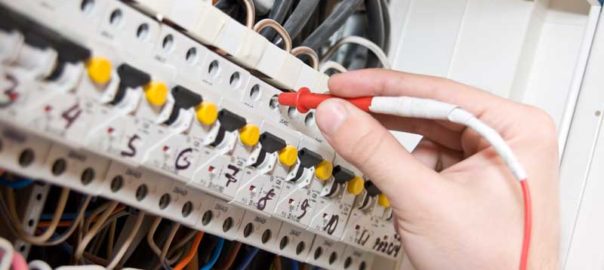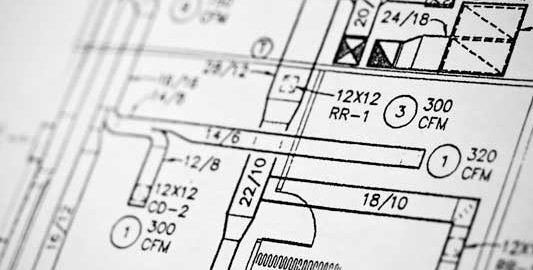Anyone who contracts to do electrical work in Tennessee needs a license, which involves passing two exams, one on business law and another trade-specific exam. They also have to create a business entity and secure reasonable liability insurance, something that every homeowner will ask about when choosing an electrician. Detailed financial information regarding working capital has to be provided to the licensing board and tax identification numbers have to be obtained.
Apprenticeships and Examination
The difficulty of licensing requirements is intended to protect both electricians and homeowners, and the exams involved present significant hurdles. Generally, they cannot be passed by someone without on-the-job training, so a degree of experience is typically confirmed by these exams. Compelling many into apprenticeships, these exams test not only for familiarity with local regulations and code requirements but for electrician-specific knowledge.
Tennessee Licenses for Electricians Vary With Project Totals
The State of Tennessee issues two types of electrician’s licenses, varying with the total amount of the project to be undertaken. Electrical projects that exceed $25,000 require a CE-classified Contractor’s License which is accepted throughout the state without further examination. That does not mean electricians can avoid familiarizing themselves with municipal and country restrictions and codes. They still need local licenses and permits, but the CE-classification allows electricians to obtain them.
The second possibility is to be licensed as a Limited Licensed Electrician, which permits electricians to work on projects that total less than $25,000. Insufficient by itself in some municipalities, it is important for electricians to check on local licensing requirements to determine if a local license is required. Typically, it hinges on whether or not there is a local licensing agency that provides inspections.
In all cases where a local agency exists to determine adherence to code, a local license is required, regardless of the amount of the project. CE-licensed electricians will not need to take local exams, but codes vary with municipalities and there are fees to pay. It is also possible that electricians will need a local business tax license or a federal business identification number for tax purposes.



